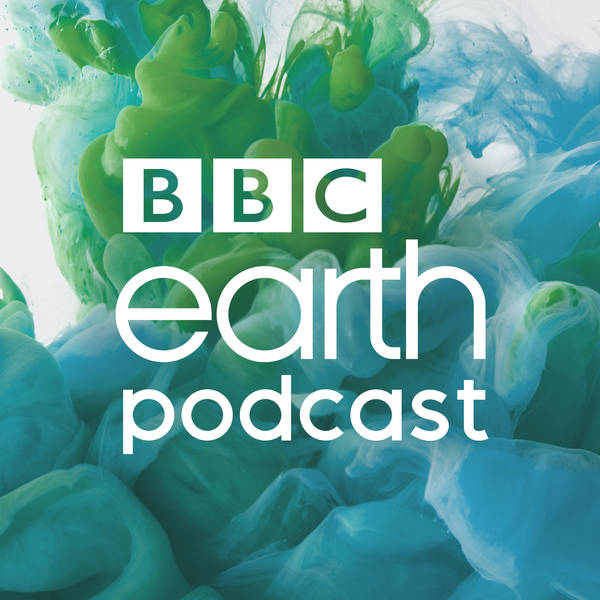
Saving a species through sound
In this week’s episode of the BBC Earth podcast we’ll be looking to solve some of the natural world’s mysteries.
Starting off in North West Honduras, we’ll hear from ethnobiologist and sound artist Ben Mirin who set out to discover the voice of a previously voiceless animal. The exquisite spike-thumb frog is a critically endangered species. Recording its voice could help save this frog. The only problem is, nobody actually knows what it sounds like.
We’ll also be taken on a personal journey of discovery with a woman who has become known on the tiny island of Guam in Micronesia as the ‘Manta Mum’. Julie Hartup is a microbiologist who has spent over a decade studying the enigmatic Manta Rays. She explains how a simple hypothesis led to a beautiful discovery.
Finally, we’ll speak to marine biologist Dr Edith Widder who has spent most of her career trying to communicate with the animals that live in our oceans.
Thank you for listening to another series of the BBC Earth podcast.
As ever, we love hearing from you on social media, so do share with us your favourite episode so far or a story that amazed, surprised or moved you…
To find out more about David Attenborough’s stunning natural world series, A Perfect Planet, visit the BBC Earth website: bbcearth.com
Website: www.bbcearth.com
Facebook: www.facebook.com/bbcearth/
Instagram: www.instagram.com/bbcearth/
Twitter: www.twitter.com/bbcearth
Hosted on Acast. See acast.com/privacy for more information.
